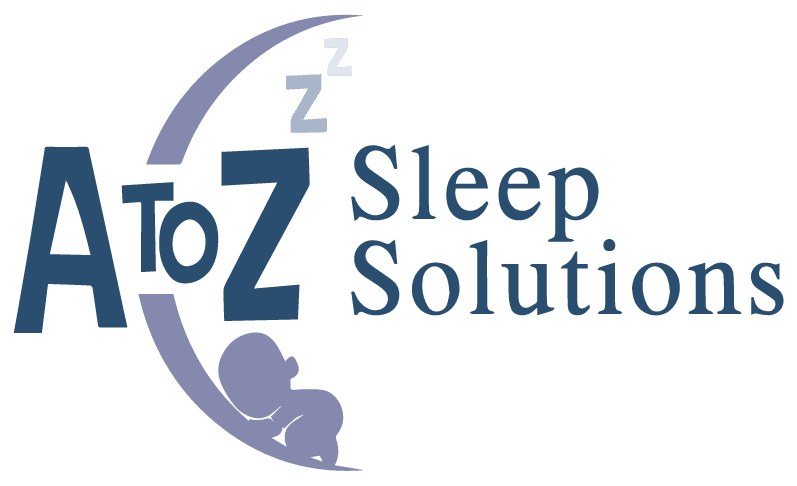Sleep is a vital aspect of a child’s development, influencing their overall well-being. However, parents of autistic children often face unique challenges as sleep-related issues are significantly more prevalent in this population. Understanding the reasons behind these difficulties sheds light on potential solutions.
- Disturbed Melatonin Production:
Research suggests that many autistic children experience disturbances in melatonin production, a hormone crucial for regulating sleep-wake cycles. Melatonin helps signal the body when it’s time to wind down and prepare for sleep. When this production is disrupted, achieving a restful night becomes a formidable task for both the child and their caregivers. - Circadian Rhythm Sleep-Wake Disruptions:
The circadian rhythm, the internal clock that regulates the sleep-wake cycle, can be disrupted in autistic children. This misalignment makes it challenging for them to synchronize their sleep patterns with the natural day-night cycle. As a result, bedtime struggles and nighttime awakenings become more prevalent, impacting the overall quality of sleep. - Technology Distractions:
In today’s digital age, technology plays a significant role in our lives. However, for autistic children, tablets, phones, and other devices can be sources of distraction, especially close to bedtime. The exposure to screen light can interfere with the body’s natural production of sleep-inducing melatonin, making it harder for these children to transition into a restful sleep state.
Statistics Highlighting the Disparity:
The prevalence of sleep issues in autistic children is striking. While 1 in 16 neurotypical children may experience sleep problems, a staggering 8 out of 10 autistic children face sleep challenges. This stark contrast underscores the need for targeted interventions and support tailored to the unique sleep-related struggles of children on the autism spectrum.
In unraveling the mystery behind sleep difficulties in autistic children, it becomes evident that a combination of biological factors, circadian rhythm disruptions, and modern technological influences contribute to the heightened prevalence of sleep issues. Addressing these challenges requires a holistic approach, incorporating strategies that align with the individual needs of each child, aiming to create a more peaceful and restful sleep environment. That is where we come in at A to Z Sleep Solutions. We create your very own customized sleep plan with your own child in mind!

Recent Comments